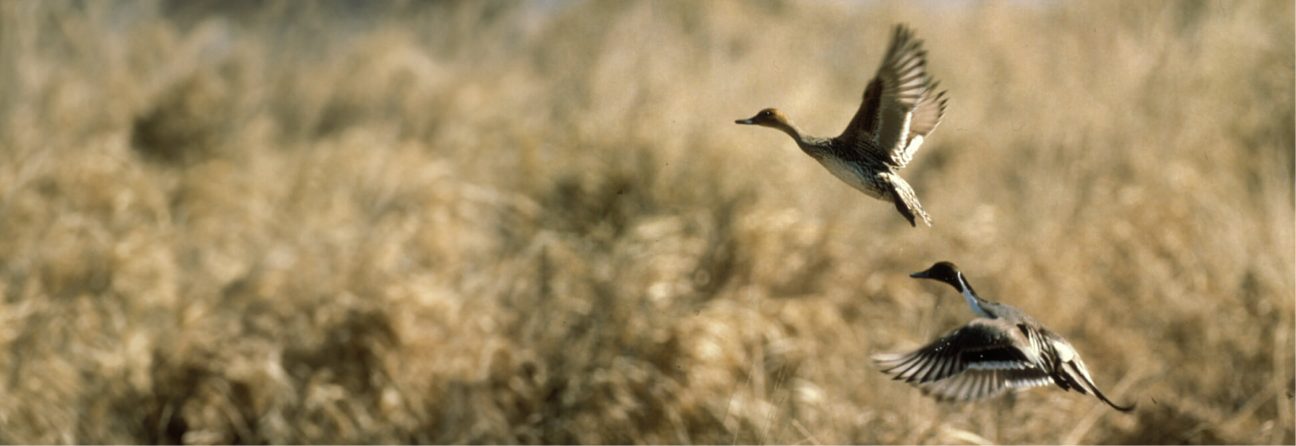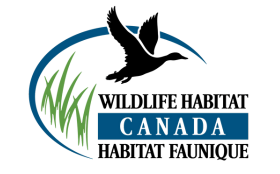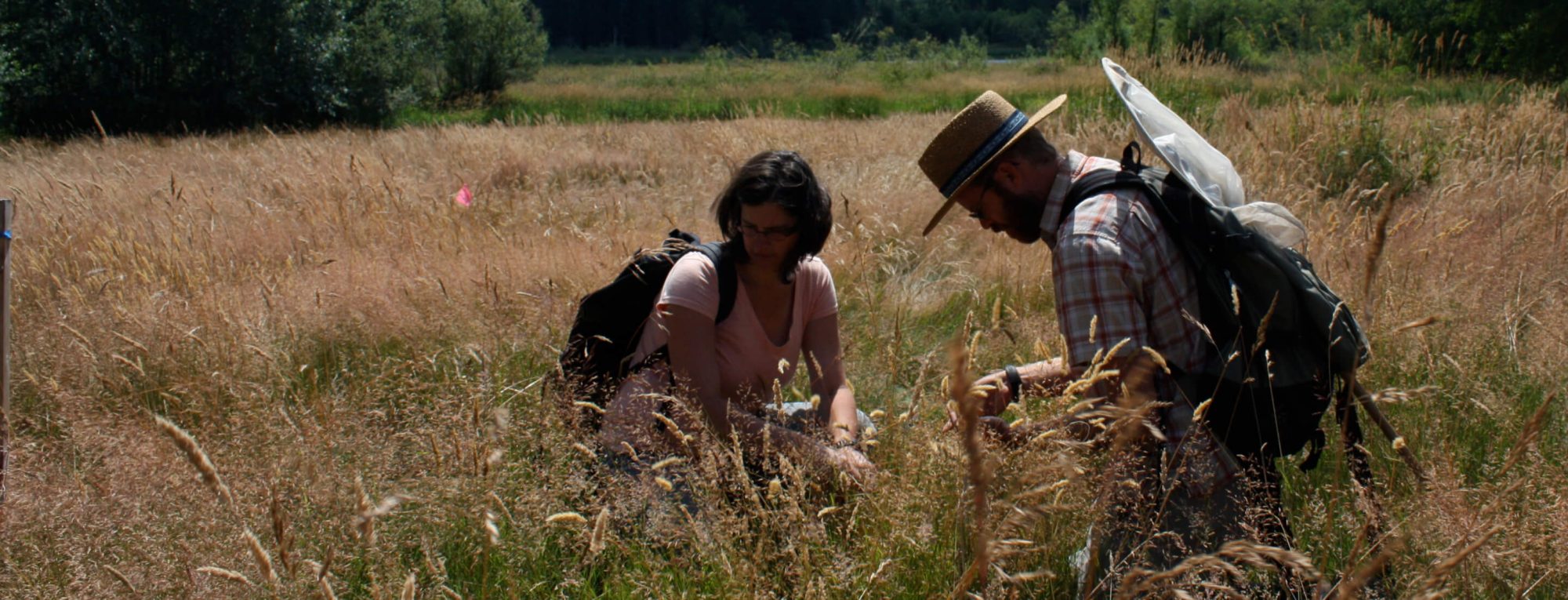GRANTS
Community Conservation Action Program
The application period for the 2026-2027 CCAP Grant Program is closed
The WHC Board of Directors has committed up to $50K annually to continue to support small(er) organizations in making conservation achievements in their communities.
With the demand for conservation dollars becoming more and more competitive, WHC has been looking for a way to help smaller organizations access the funding that they need to make a difference in conservation within their local or regional community.
The CCAP is seeking applications for local and regional projects (FY 2026-2027) with funding asks between $500 and $10,000 that:
- Connect Canadians with nature
- Engage youth in conservation
- Provide educational conservation programming
To maximize the time spent delivering your projects and making contribution achievements, this program has been designed to minimize the administrative burden. Less time filling out paperwork, more time out there making a difference.
Let’s get innovative and get Canadians outdoors, connecting with nature!
Applicants
The application period opens July 18, 2025.
between April 1, 2026 and March 31, 2027.
The CCAP grant program only considers applications from Canadian residents.
This includes:
- Small(er) Canadian Organizations*;
- Research, academic and educational institutions;
- Indigenous organizations, associations, and community management boards;
- Local organizations such as community associations and groups, seniors’ and youth groups, and service clubs.
*Small(er) Organizations to this program means local level, independent groups that are looking for funding opportunities to support new or innovative small-scale or pilot project programs.
Ineligible recipients include, but are not limited to:
- International organizations or individuals;
- For-profit organizations
- Federal level organizations or individuals: Government employees, departments, agencies, and crown corporations.
- Applicants must ensure that project implementation complies with all relevant legislation, regulations, licenses, permits, etc.
- Funding requests between $500 and $10,000.
- Project delivery time-frame: April 1, 2026 – March 31, 2027.
- Project must demonstrate a minimum 1:1 funding match ratio* (i.e., WHC contributions cannot exceed 50% of the Project Revenue).
- Invasive Alien Species: Please note at this time, this program will not accept ongoing maintenance projects associated with IAS projects.
CCAP Application Review Criteria
Grant applications submitted by the October 3, 2025 deadline will be reviewed by Wildlife Habitat Canada Staff. Staff will select projects to receive funding, following a review of the suite of applications received.
Applications will be reviewed for completeness and considered based on well thought out and clear objectives, how well the project meets program criteria, demonstration of solid plans for evaluating project success, and innovative and collaborative elements.
Applicants will be contacted about the results of their applications prior to April 2026. It is anticipated that award notifications will be provided by February 2026.
Project Categories
The CCAP grant program will primarily consider projects that:
Examples include, but are not limited to:
- Hunter Education/Recruitment,
- Climate Change Initiatives,
- Walking tours on protected properties.
Examples include, but are not limited to:
- Student Programming,
- Youth Conservation Plan creation,
- Habitat Litter Clean ups,
- Interactive videos that engage youth.
Examples include, but are not limited to:
- Habitat Conservation Education:
- Species at Risk,
- Alien Invasive Species,
- Climate Change Education.
Application Process
Successful proponents are expected to enter into a signed funding agreement with WHC regarding the exchange of funds.
- Call for Proposals
Opens July 18, 2025
Deadline for Applications
October 3, 2025
Applications submitted for review to Board of Directors
Late January
Decision Letters to Applicants
mid-February
- Project Dates
April 2026 to March 2027
Reporting Periods
Interim Reports due mid-September 2025
Final Reports due mid-March 2026
We’re online!
- Application forms must be completed and submitted online.
- Applicants will be prompted first to create a username and password.
- You can add collaborators to your application if there are multiple people assisting you with your submission.
- You can save your work at any point in time.
Applications for the 2026-2027 grant year open July 18! The deadline to apply is October 3, 2025.
Note: Any application forms submitted to WHC by email or mail will not be considered.
Applicants must review the following prior to preparing and submitting an application:
Diane Griffin Community Conservation Award
WHC is happy to announce the launch of the Diane Griffin Community Conservation Award. The award will be presented annually to one of our successful CCAP projects for their outstanding work in Canadian conservation.
2024-2025 Currently Funded Projects
Click here to view to the 2024-2025 Currently Funded CCAP Projects
2024-2025 Grant Awardee Project Details
École Sainte-Hélène – Wildlife and outdoor educational program 
Project Accomplishments:
- Enhanced conservation awareness — Students actively participated in hands-on conservation projects, deepening their understanding of biodiversity and ecosystem protection.
- Strengthened connection to nature — Through field outings and outdoor workshops, youth explored diverse wildlife habitats and developed a lasting appreciation for the natural world.
- Built lasting partnerships — Collaboration with the Quebec Ministry of Forests, Wildlife and Parks and local organizations ensured the project’s sustainability and community impact.
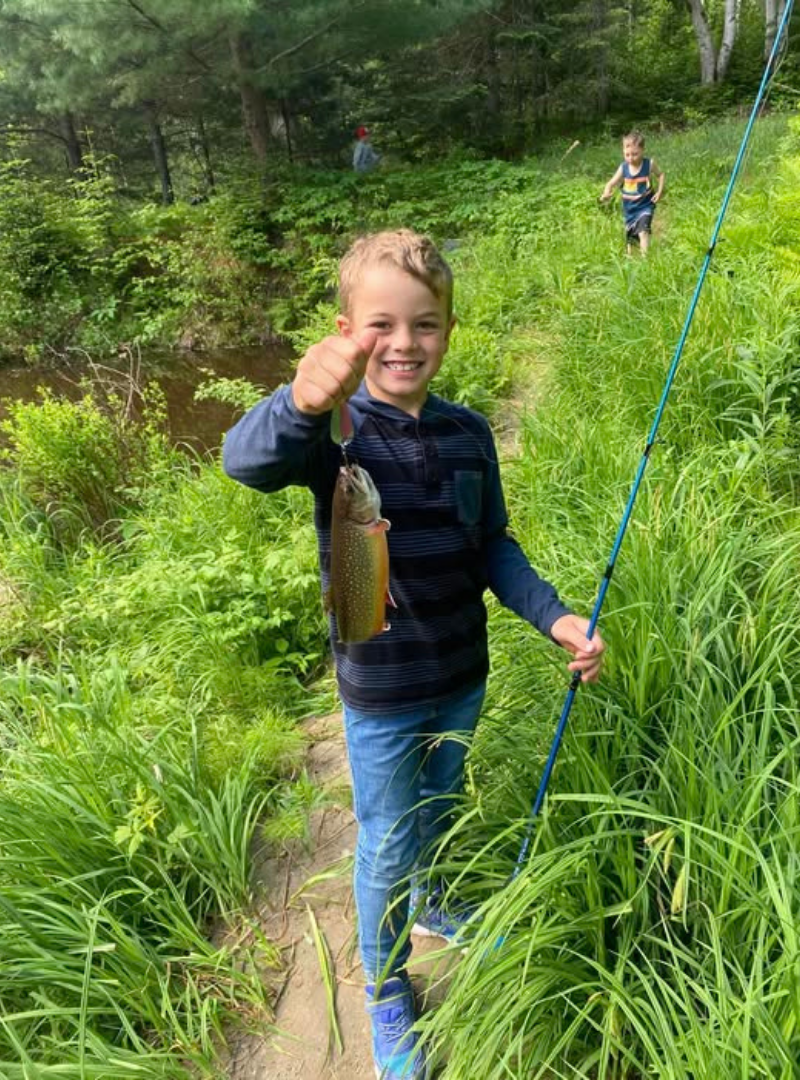
Hammond River Angling Association – Wild Wetland Wards of the Hammond River 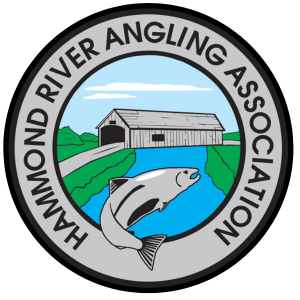
Project Accomplishments:
- Restored vital wetland habitat — Enhanced a Provincially Significant Wetland by removing invasive species, clearing hurricane-felled trees, and installing new habitat structures for ducks and bats.
- Expanded environmental education — Designed and installed 15 vibrant educational signs with interactive QR codes linking to audio and video resources on wetland conservation.
- Engaged new audiences — Reached students from 10 schools and local homeschool groups, inspiring youth to learn about wetland ecosystems and become environmental stewards.
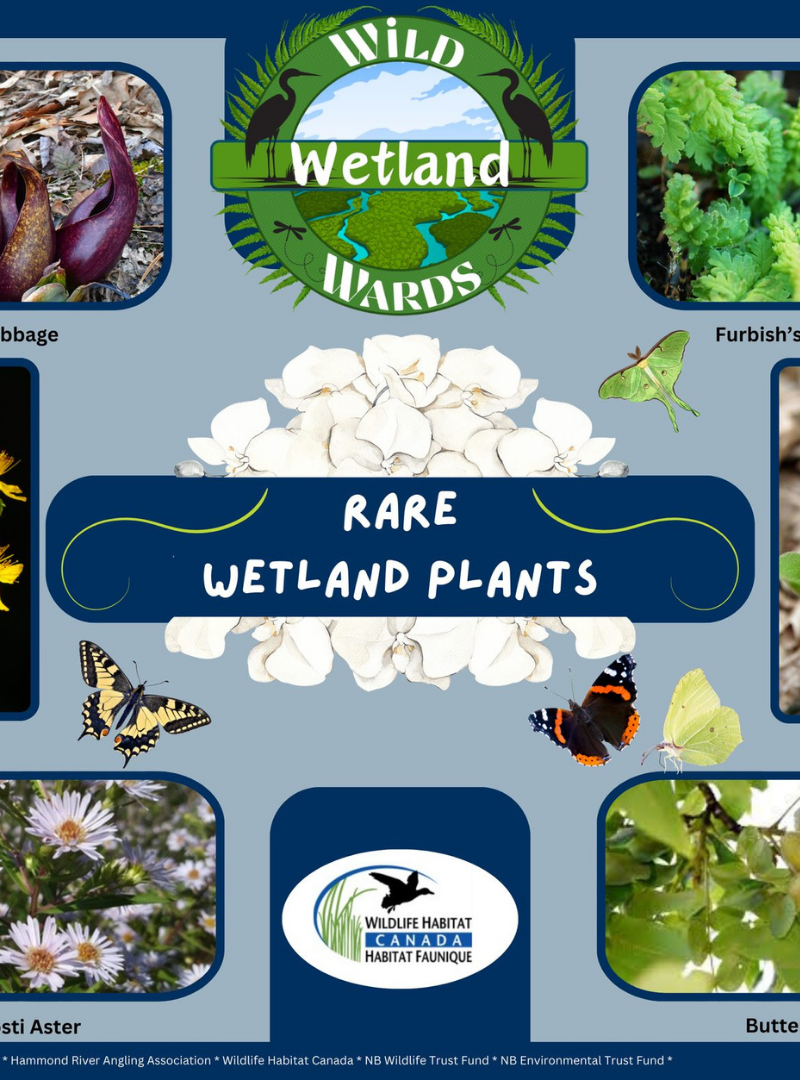
Nature Nova Scotia – Mainland Moose Conservation Initiative: Engaging Nova Scotians in Citizen Science Action for Moose Conservation
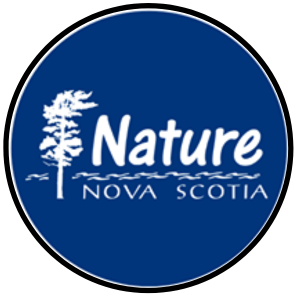
Project Accomplishments:
- Expanded public engagement — Reached 739 individuals across 12 events province-wide (exceeding the 500-person goal), including markets, workshops, and guided hikes that fostered lasting community interest in moose conservation.
- Strengthened partnerships — Established a formal data-sharing agreement with the Department of Natural Resources and Renewables (DNRR) and collaborated with 16 organizations across Nova Scotia to advance monitoring and outreach.
- Enhanced moose monitoring and awareness — Deployed 30 trail cameras monitored by volunteers, gathered 479 public survey responses, and increased awareness about the endangered status of mainland moose, especially among urban and newcomer communities.
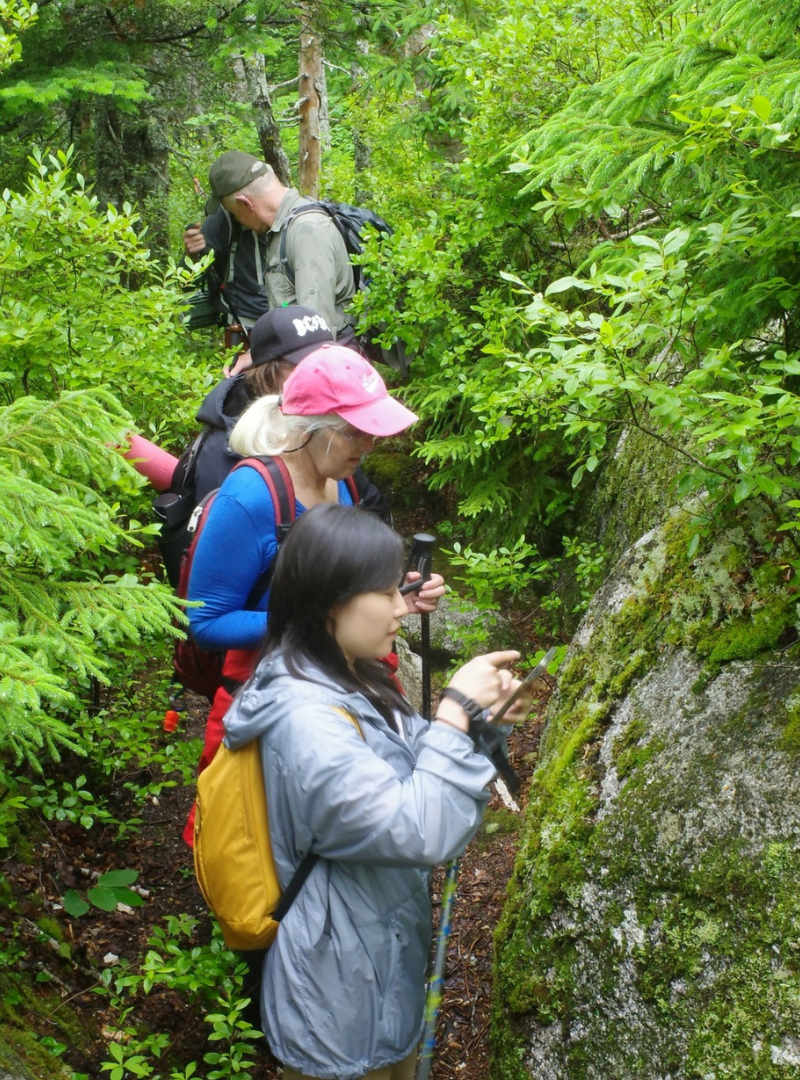
Be the Change Earth Alliance – FLOW: Youth Collaborating on Freshwater Action 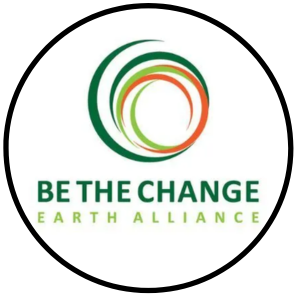
Project Accomplishments:
- Empowered youth climate action — Delivered 32 action-oriented workshops to 364 students, inspiring measurable change: 1.55 million kg CO₂ reduced, 1.3 million L water saved, and 1.5 tonnes of plastic waste prevented.
- Expanded outdoor education — Hosted 7 hands-on field sessions reaching nearly 190 youth, combining climate imagination workshops and habitat cleanups that removed 44 kg of waste from 4 hectares of habitat.
- Enhanced educator capacity — Provided freshwater-focused learning resources to 168 teachers, with 80+ receiving professional-development training to strengthen environmental and climate education in classrooms.
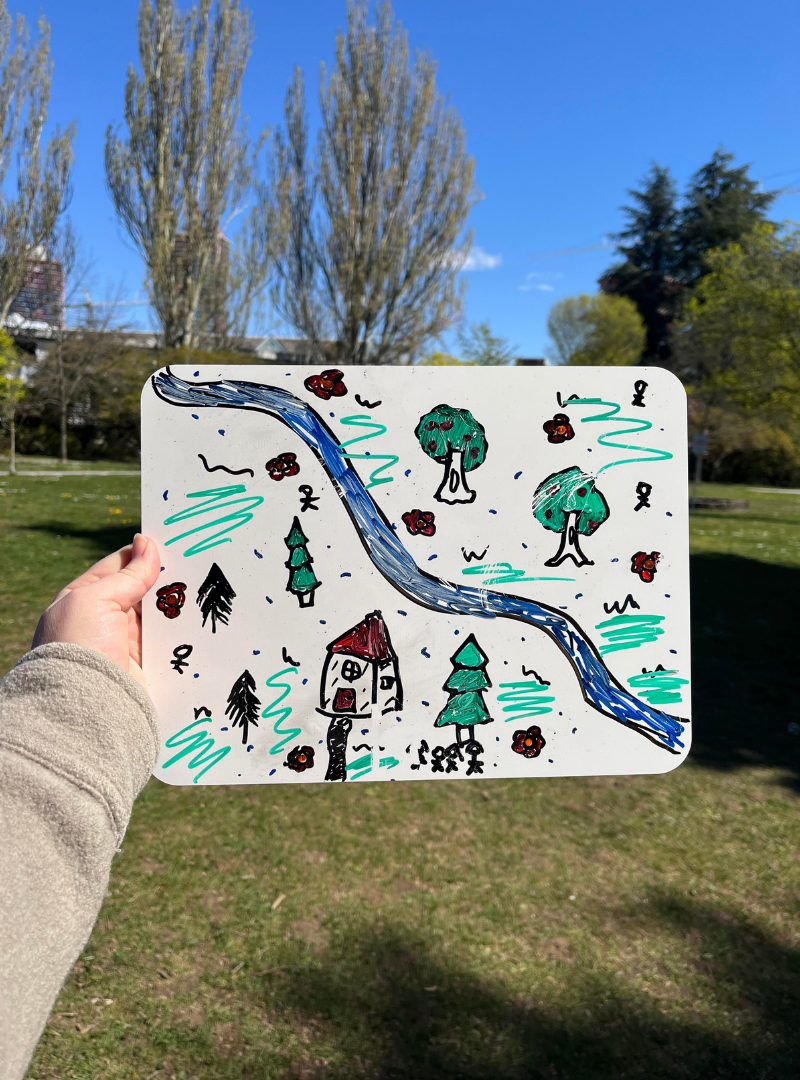
Peninsula Streams Society – Rain Gardens for Headwaters 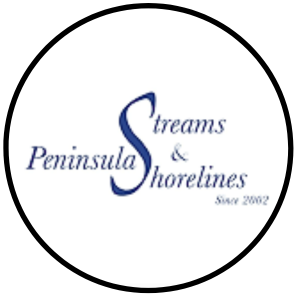
Project Accomplishments:
- Built and restored demonstration rain gardens — Completed the Parkdale Community Rain Garden in the Cecelia Creek watershed and multiple rain gardens at Oak Bay Secondary School, including a biofiltration cell designed with University of Victoria students.
- Mobilized strong community participation — Engaged 162 volunteers (506 hours) and 14 professionals (158 in-kind hours) through hands-on design, planting, and workshops that educated residents, students, and local officials about rain-garden benefits.
- Expanded stewardship and replication — Empowered local groups such as Friends of Cecelia Creek and Friends of Bowker Creek to launch their own projects, inspiring new rain-garden initiatives across the region and advancing green stormwater infrastructure awareness.
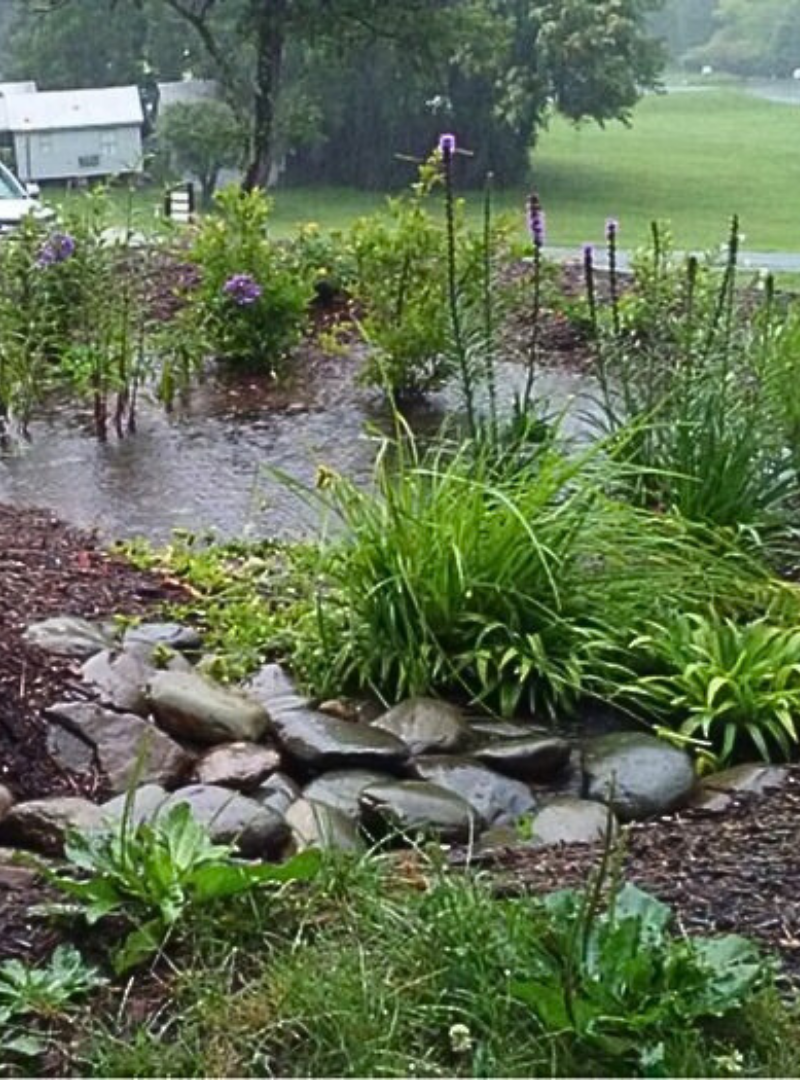
Saskatchewan Prairie Conservation Action Plan (SK PCAP) – Taking Action For Prairie (TAFP) 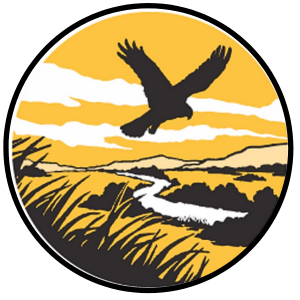
Project Accomplishments:
- Expanded program reach — Delivered the TAFP program to 13 classrooms, including several new community schools with a high percentage of Indigenous students, demonstrating continued program growth.
- Inspired youth conservation leadership — Empowered students to develop and implement their own prairie conservation action plans, fostering stewardship, collaboration, and environmental awareness.
- Enhanced ecological understanding — Increased student appreciation for grassland and riparian ecosystems, helping them recognize the importance of prairie conservation for biodiversity, species at risk, and water quality.

James Morden Public School, District School Board of Niagara – JAM FAM Roots Garden 
Project Accomplishments:
- Expanded native habitat — Added two new 10×10 ft garden beds built in partnership with Westlane Secondary School’s DigIt program, and planted native and at-risk species selected by Grade 6/7 students.
- Hands-on student learning — Engaged students from James Morden Public School’s ECO Club in research, planting, journaling, and seasonal garden care as part of their Science and Technology curriculum.
- Fostered environmental leadership — Inspired youth to become ECO leaders, deepening their understanding of local ecosystems, native biodiversity, and environmental stewardship through ongoing observation and reflection.
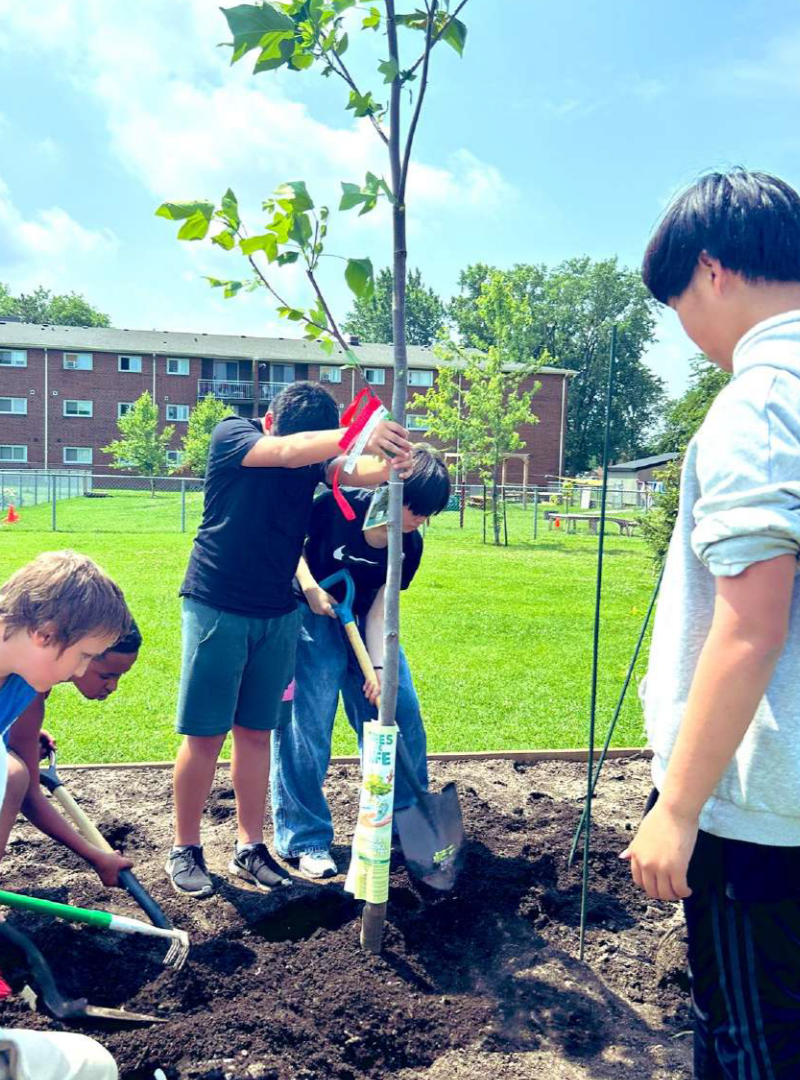
Kingsmere Community Association – Largemouth Bass Project – Kingsmere Lake 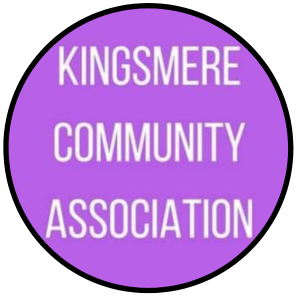
Project Accomplishments:
- Restored native biodiversity — Successfully removed invasive largemouth bass, improving water quality and restoring habitats for native brook trout, minnows, and mussels.
- Advanced research and data collection — Produced a comprehensive scientific report using real-time data and remote sensing, contributing valuable insights to future conservation strategies.
- Expanded education and community engagement — Provided student employment and training in conservation research, while reaching hundreds of community members through outreach events and social media.
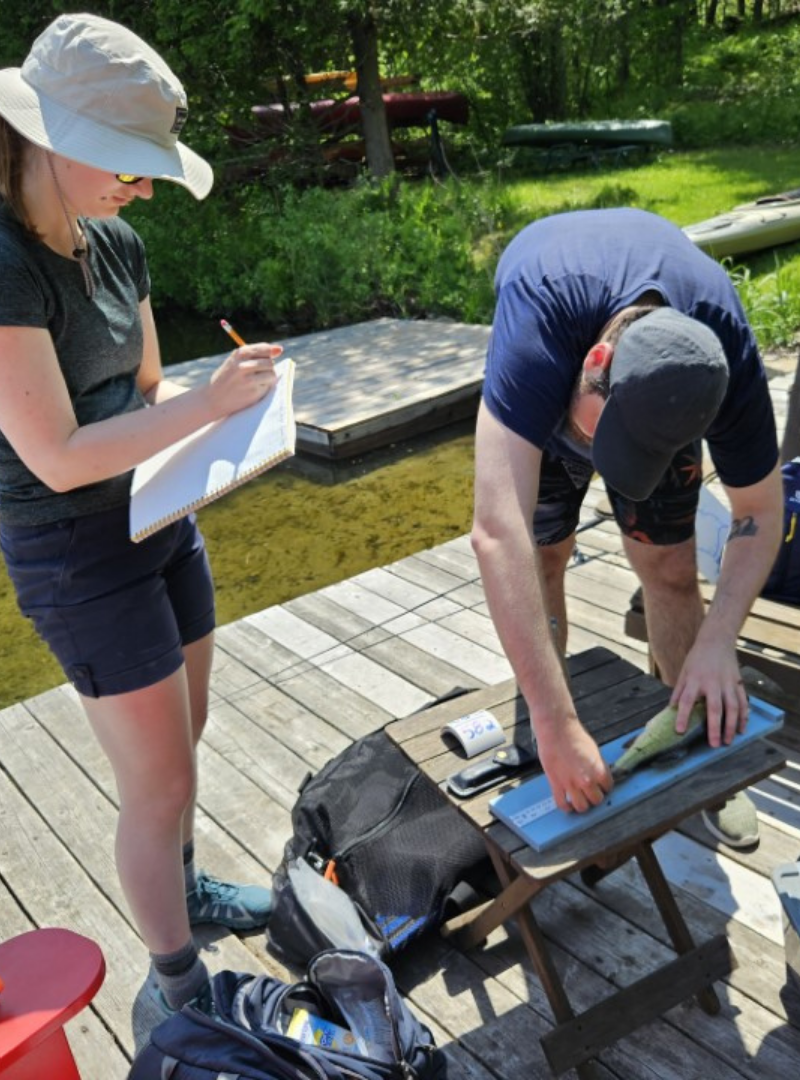
Green Calgary Association – Urban Nature Walks: Pollinators, native plants, and the urban wild 
Project Accomplishments:
- Expanded reach and participation — Delivered 15 outdoor sessions across Calgary, engaging 400+ students from Grades 4–9, including homeschool groups, and surpassing initial goals.
- Shifted perceptions of urban nature — Inspired students to see their schoolyards as living ecosystems, fostering curiosity and appreciation for nature accessible year-round—even in winter.
- Strengthened environmental and social well-being — Encouraged hands-on outdoor learning that enhanced mental health, social connection, and environmental stewardship among diverse youth.
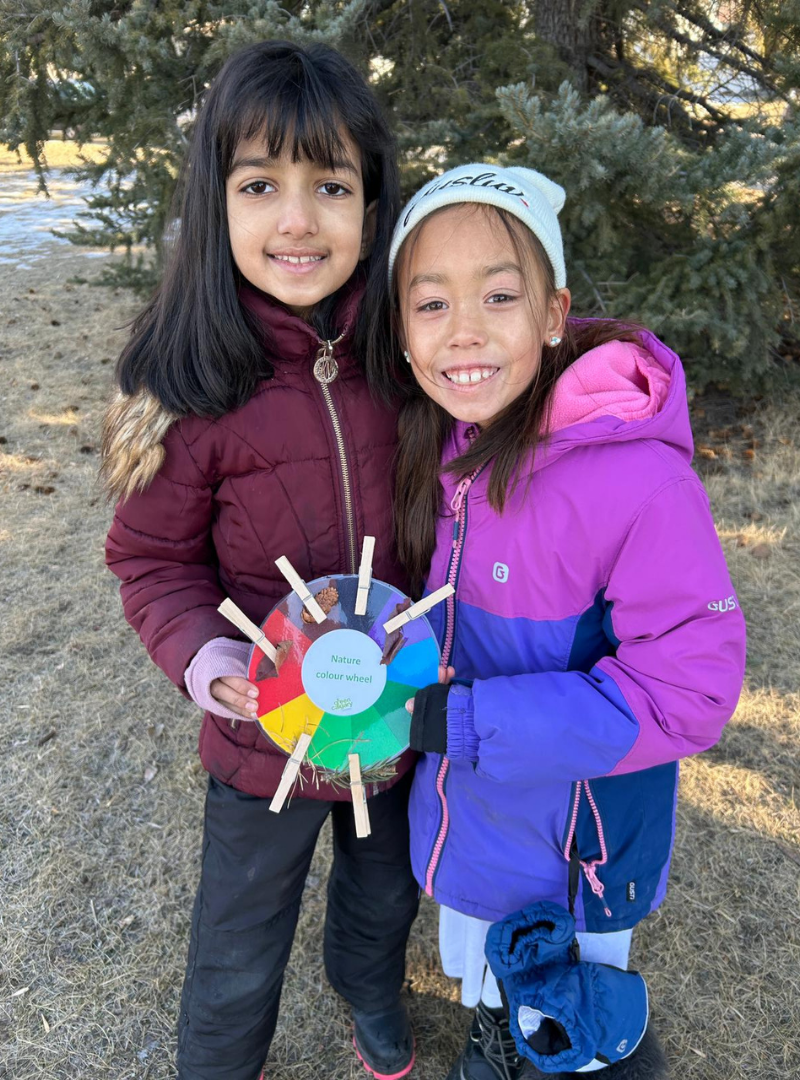
CCAP Projects Across Canada
At WHC, we believe in the fundamental importance of wildlife habitats that are abundant, rich and support biodiversity.
As a result, we fund projects that are making headway in conservation initiatives in habitat management, conservation networking and wildlife research.
Every year we send out a call for applications for conservation groups to submit their requests for funding. Our project timeline coincides with the fiscal year (April 1 to March 31).
Questions? Get in Touch
Seeking assistance? Navigate to our contact page to connect with a dedicated staff member directly or utilize our general inquiries or toll-free lines for prompt support.
